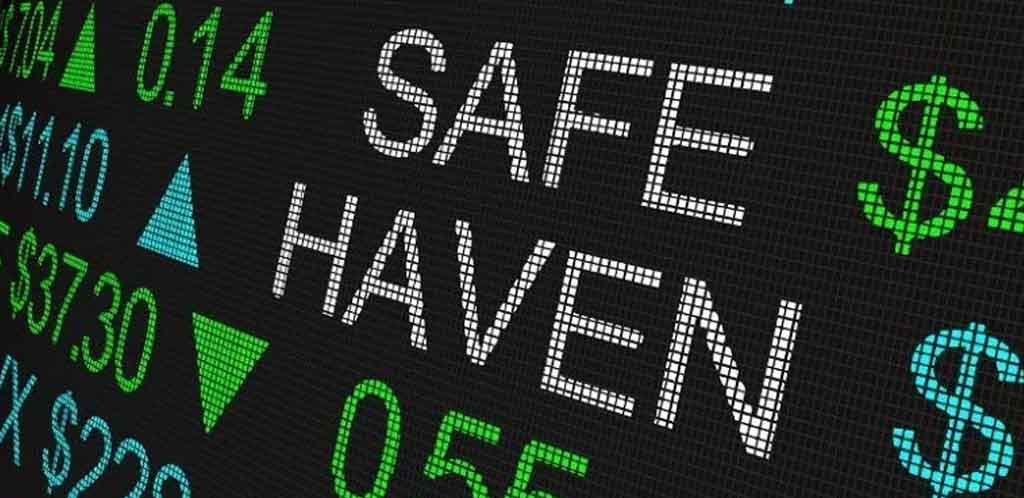A safe-haven status refers to the perception of a particular asset or currency as a relatively safe and stable investment in times of economic or geopolitical uncertainty. In financial markets, investors tend to seek out safe-haven assets during periods of market turbulence, economic downturns, or political crises as a way to protect their capital.
Some of the characteristics of a safe-haven asset include low volatility, low correlation with other assets, high liquidity, and low credit risk. Safe-haven assets are typically perceived as reliable stores of value that can retain their purchasing power over time and protect investors against inflation.
In the currency market, the U.S. dollar, Japanese yen, and Swiss franc are often considered safe-haven currencies due to their perceived stability, low volatility, and liquidity. During times of uncertainty, investors may buy these currencies as a way to reduce their exposure to riskier assets such as stocks or high-yield bonds.
Other safe-haven assets include gold, U.S. Treasury bonds, and high-quality corporate bonds. These assets are often perceived as reliable stores of value that can provide a hedge against inflation and protect investors against market volatility.
Overall, safe-haven status is an important consideration for investors and traders because it can impact the demand and supply of assets, leading to changes in prices and market trends. Understanding the factors that contribute to safe-haven status and the behavior of investors during times of economic uncertainty can help stakeholders make informed decisions and manage their investment portfolios effectively.
